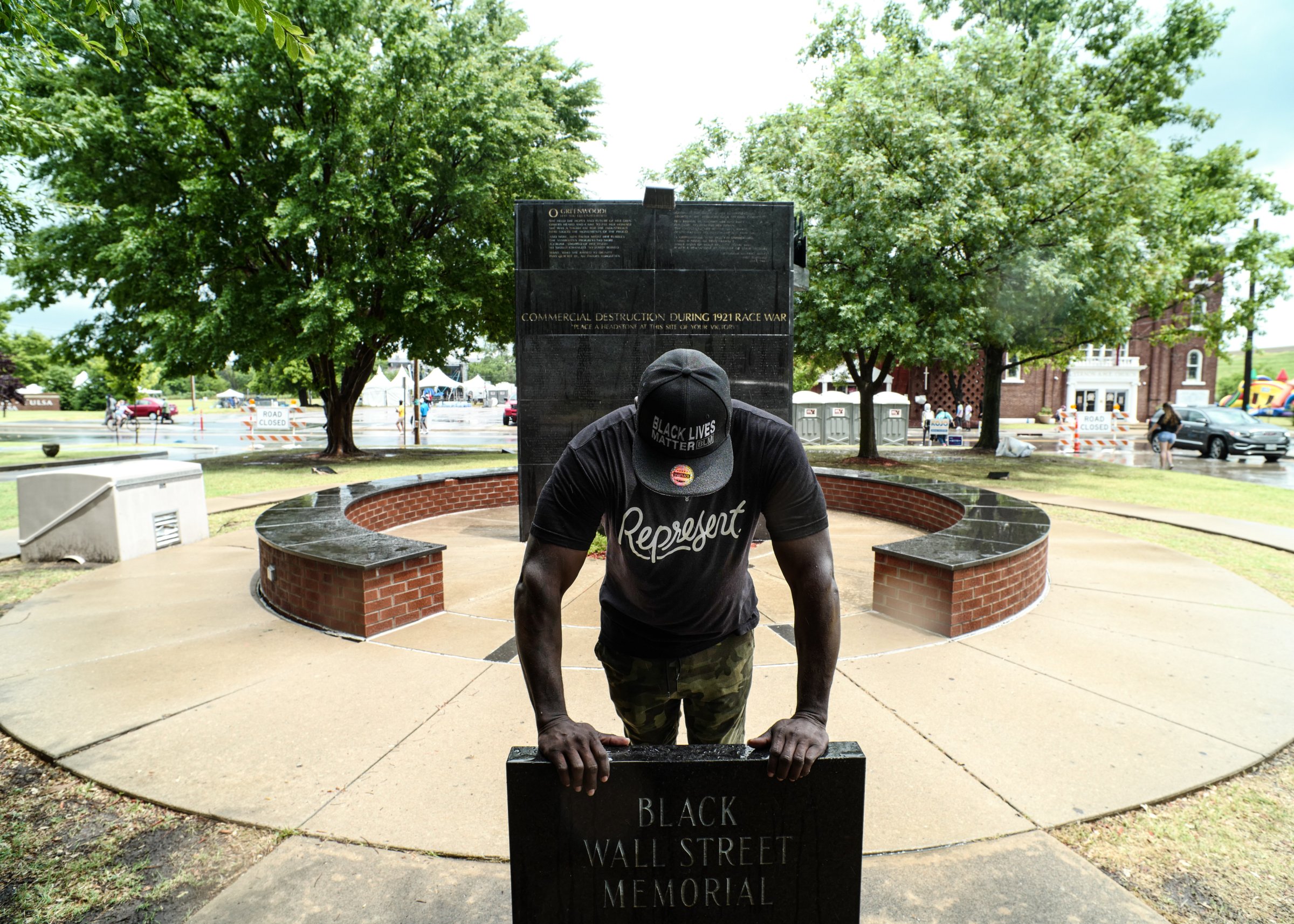
This July 4th arrives at a critical moment for what the Pulitzer Prize–winning novelist Viet Thanh Nguyen in this issue calls “the alchemical experiment” of the United States. As the country nears its 250th anniversary, it is being tested by an overdue reckoning on police brutality, white supremacy and systemic racism in all its forms, by a relentless pandemic on the rise again, by a deep economic and unemployment crisis, by a President who continually deploys racist language and stokes rather than calms division.
This week, we turned to voices from within and outside TIME to explore the frustrations, hopes and experiences of marginalized communities in a country that claimed equality as its cornerstone but hasn’t delivered for so many. Working with the searing photographs of Haruka Sakaguchi, Anna Purna Kambhampaty explores the anti-Asian discrimination that accompanied the coronavirus outbreak and asks how Asian Americans’ perspectives have shifted amid the Black Lives Matter protests. Alana Semuels documents how persistent racism and segregation have created an ever widening wealth gap in the U.S. It’s a crisis deepened–as Abby Vesoulis notes–by Trump Administration policy changes, from attempting to curb access to food stamps to trying to limit protections for people who borrow money ahead of payday. Abigail Abrams reports on the double challenge faced by those who are Black and disabled in encounters with police, and how those risks might be addressed by new models of public safety.
“The videos of George Floyd and Rayshard Brooks dying have combined with the vulnerability caused by COVID-19 and the feeling that the country is broken to bring us all to the brink of madness and, apparently, to the precipice of significant change,” writes contributor and Princeton professor Eddie S. Glaude Jr. What will come of it? The writer Damon Young is unsure. Though he sees white Americans finally realizing their own obligations in larger numbers, the “what” of what’s happening “remains cloudy,” he says, adding, “Whether America has the will and the rigor and the stamina to see this through is yet to be seen, and I won’t hold my breath waiting for it.” Jaquira Díaz, a gay Black Puerto Rican woman who has spent the pandemic separated from her transmasculine partner because of tightened restrictions on immigration, notes that America has always been in crisis. But she locates hope at a moment when equality may finally be seen as a broader fight.
Here at TIME, I’ve been grappling with the question of what it means to be leading an American institution at a time when we are all re-examining what equality means in America. Over the past few weeks, as Black Americans have been sharing their experiences in their workplaces, in their networks and in the media, including our pages, we’ve had many similar conversations here. I’ve spoken with and heard from many colleagues about their experiences. I’ve heard stories from employees who feel unheard, unseen and exhausted by what they experience, and many powerful ideas about how we can change.
TIME’s leadership is committed to standing up against white supremacy, police brutality and systemic racism, and to standing up for change. We are committed to building a company that reflects the demographics and lived experiences of the world we cover, to increasing the hiring, professional development and career advancement of Black employees and members of other underrepresented groups, and to creating antiracist workplace environments. We have asked our team to hold all TIME leaders accountable for transparency around these efforts and for showing demonstrable, sustained progress. I invite you to do the same. This work is essential to our workplace and to our coverage, to supporting our team and to delivering for you.
These challenges are not unique to TIME, but they are real here and throughout other media institutions. Companies like ours have a particular obligation to reflect the world and the people we cover. We miss critical stories by not hearing and elevating the voices of people who have lived those stories. We must turn this awakening into long-overdue change.
More Must-Reads from TIME
- How Donald Trump Won
- The Best Inventions of 2024
- Why Sleep Is the Key to Living Longer
- Robert Zemeckis Just Wants to Move You
- How to Break 8 Toxic Communication Habits
- Nicola Coughlan Bet on Herself—And Won
- Why Vinegar Is So Good for You
- Meet TIME's Newest Class of Next Generation Leaders
Contact us at letters@time.com